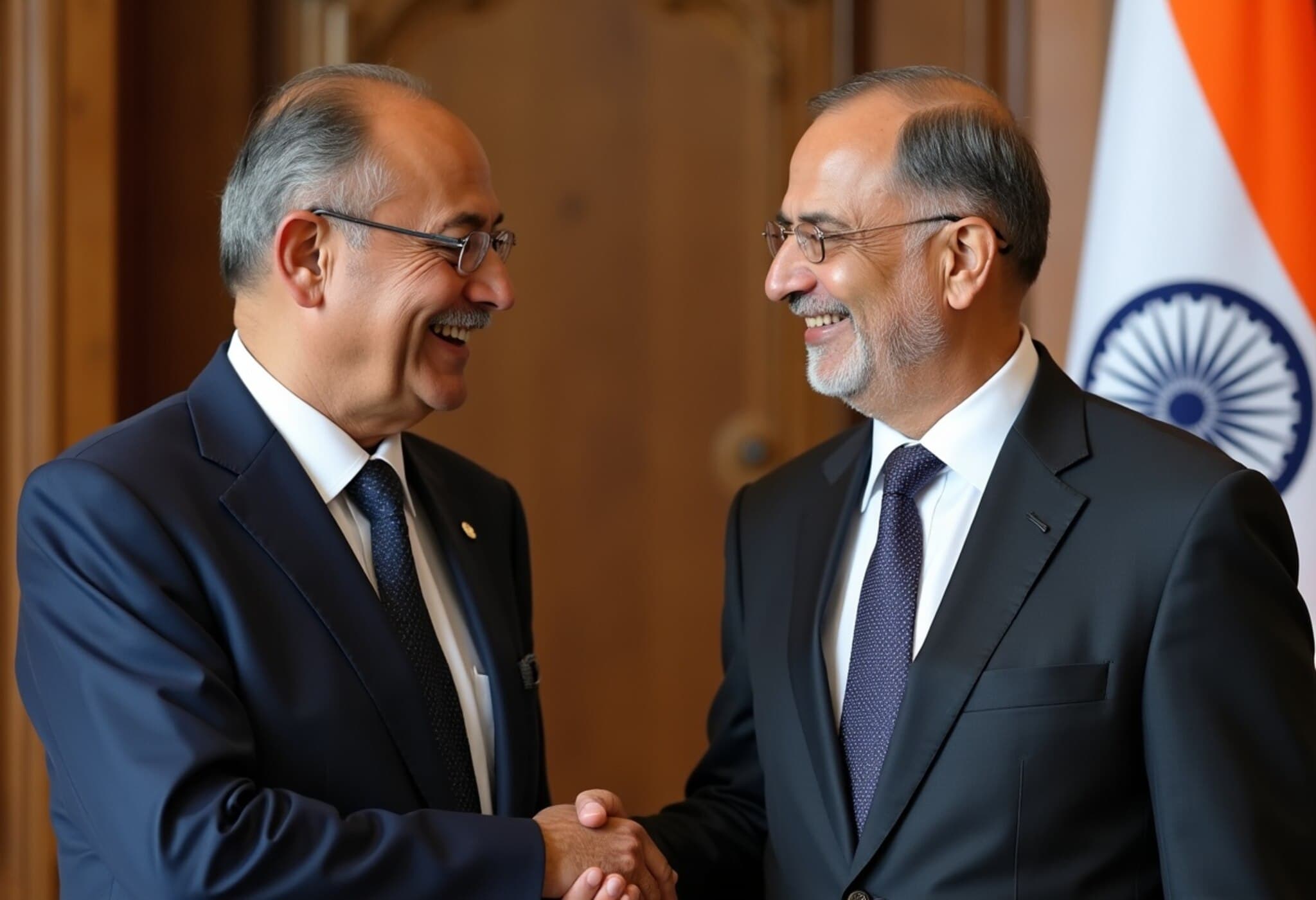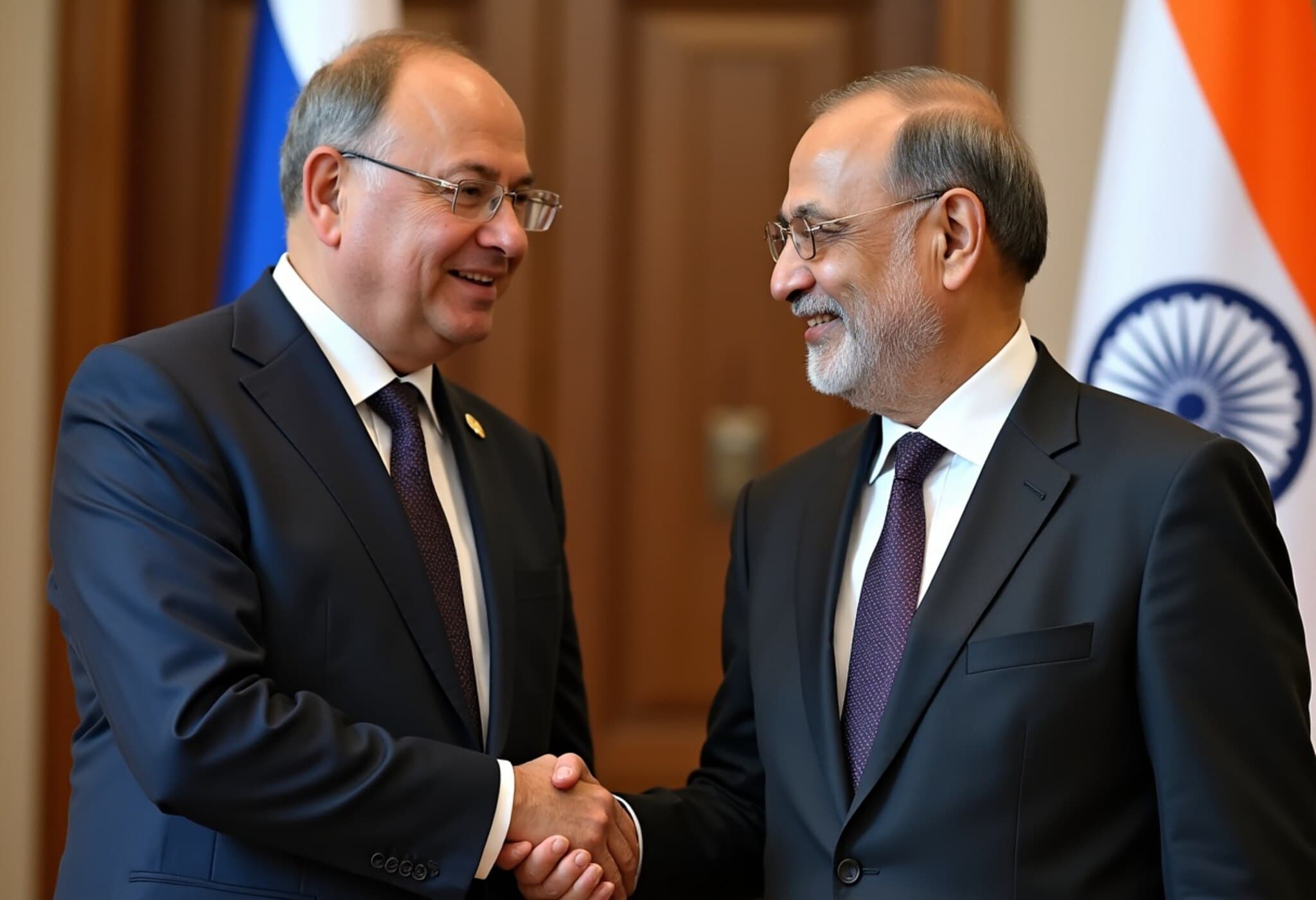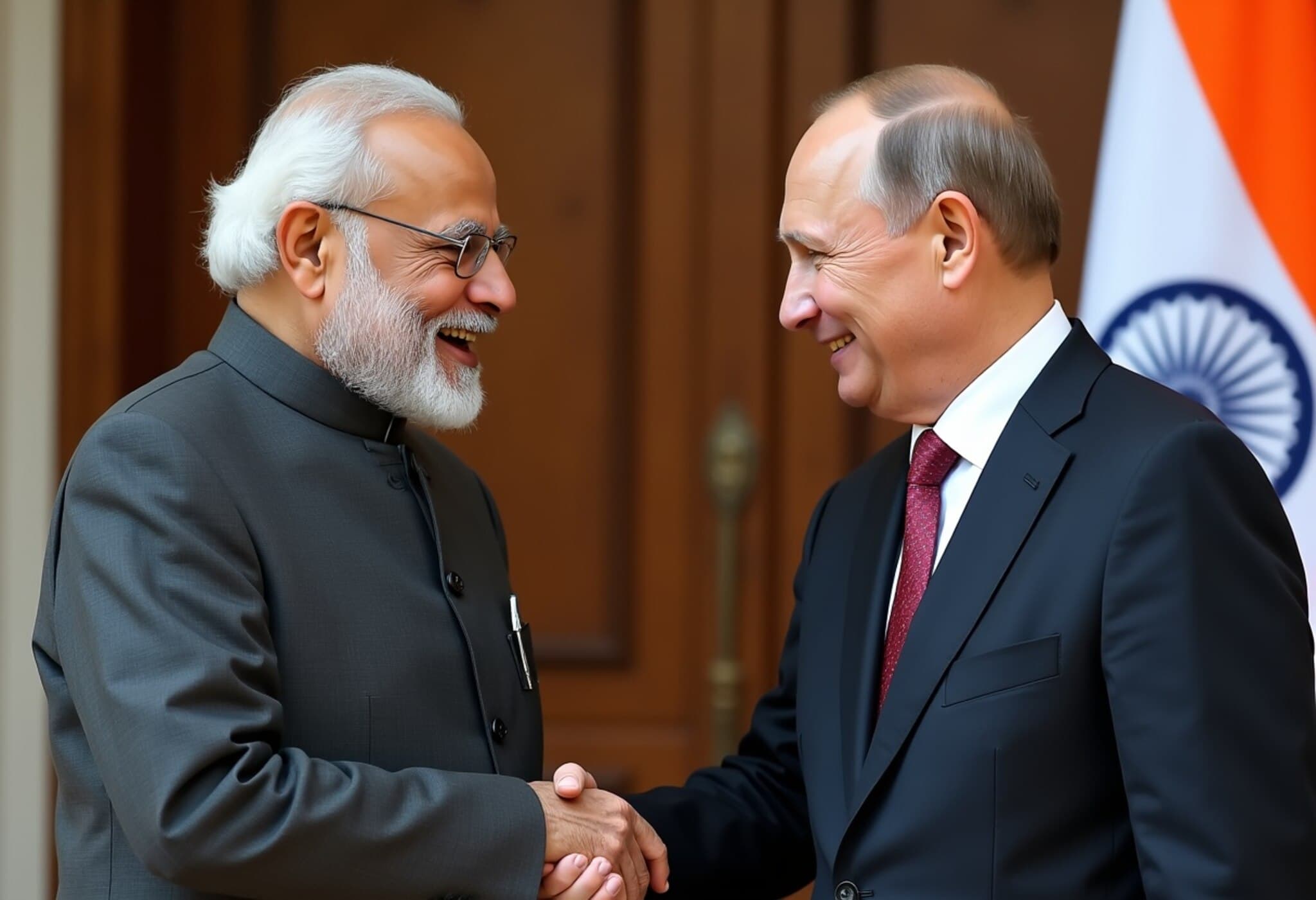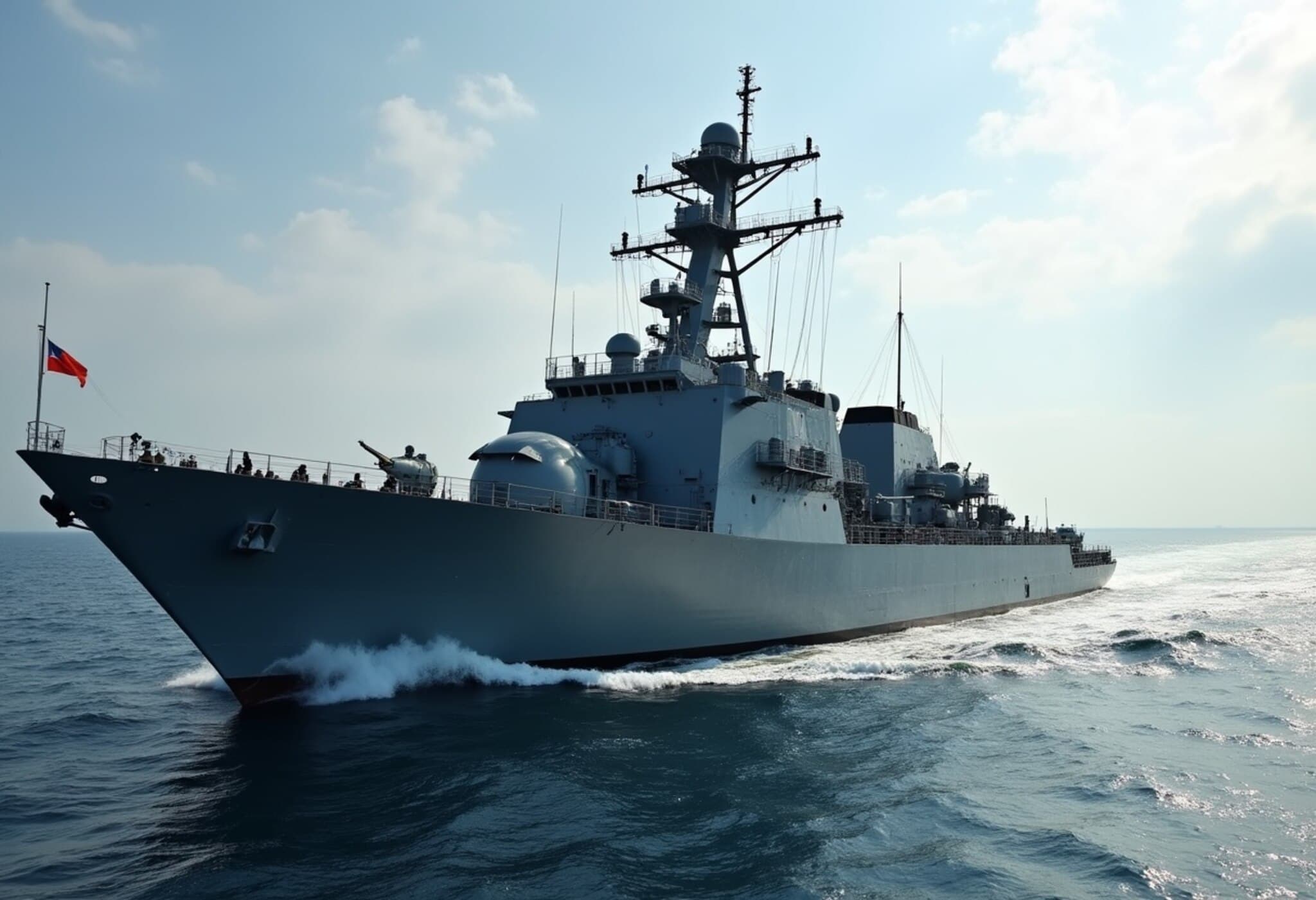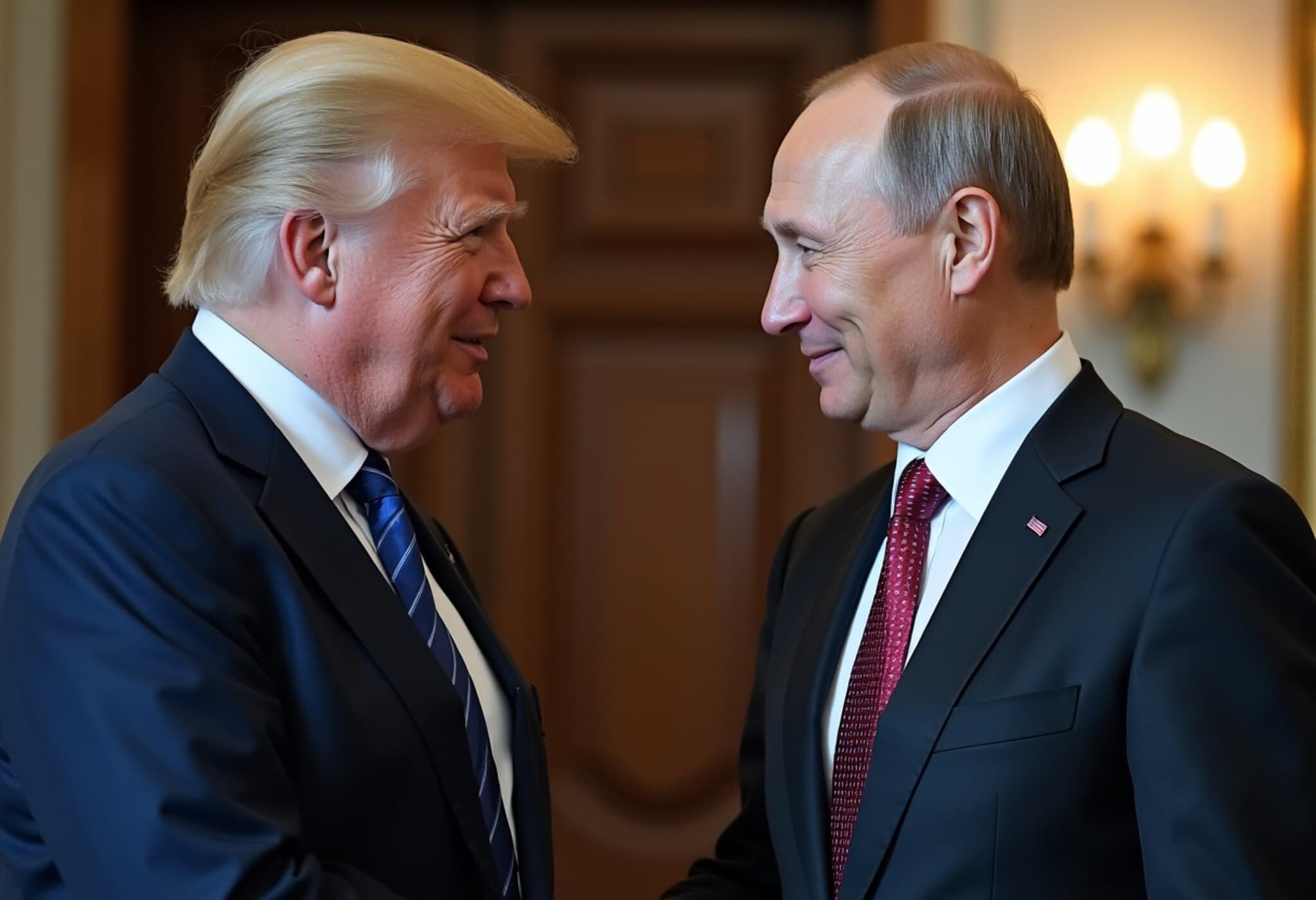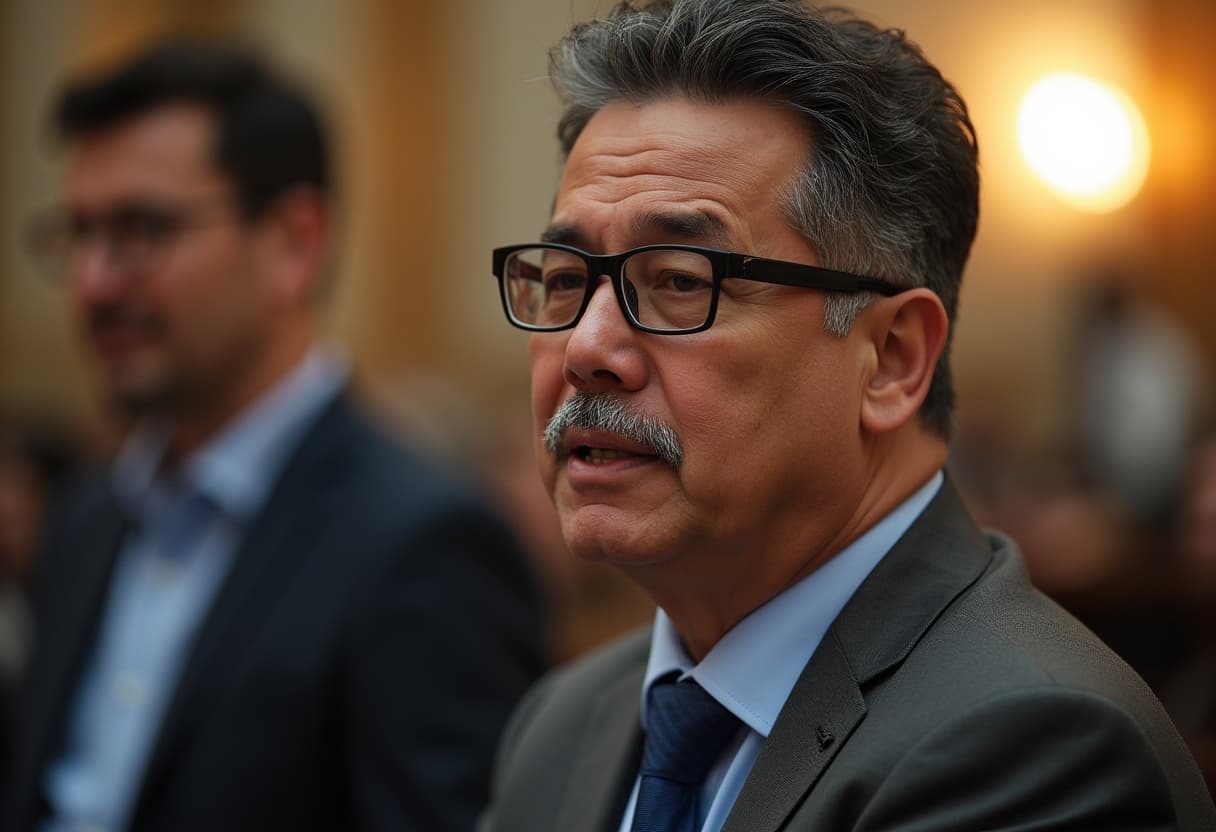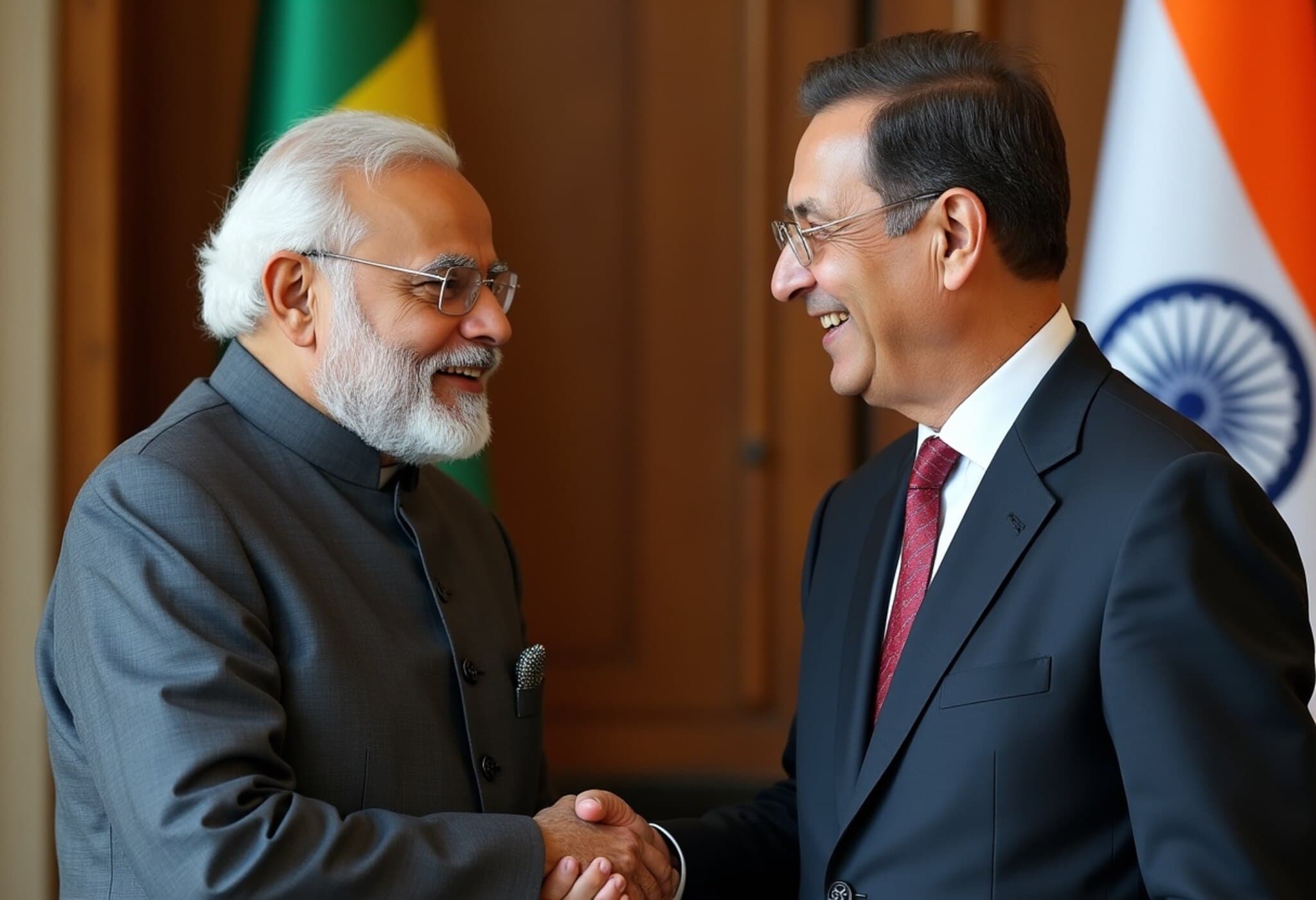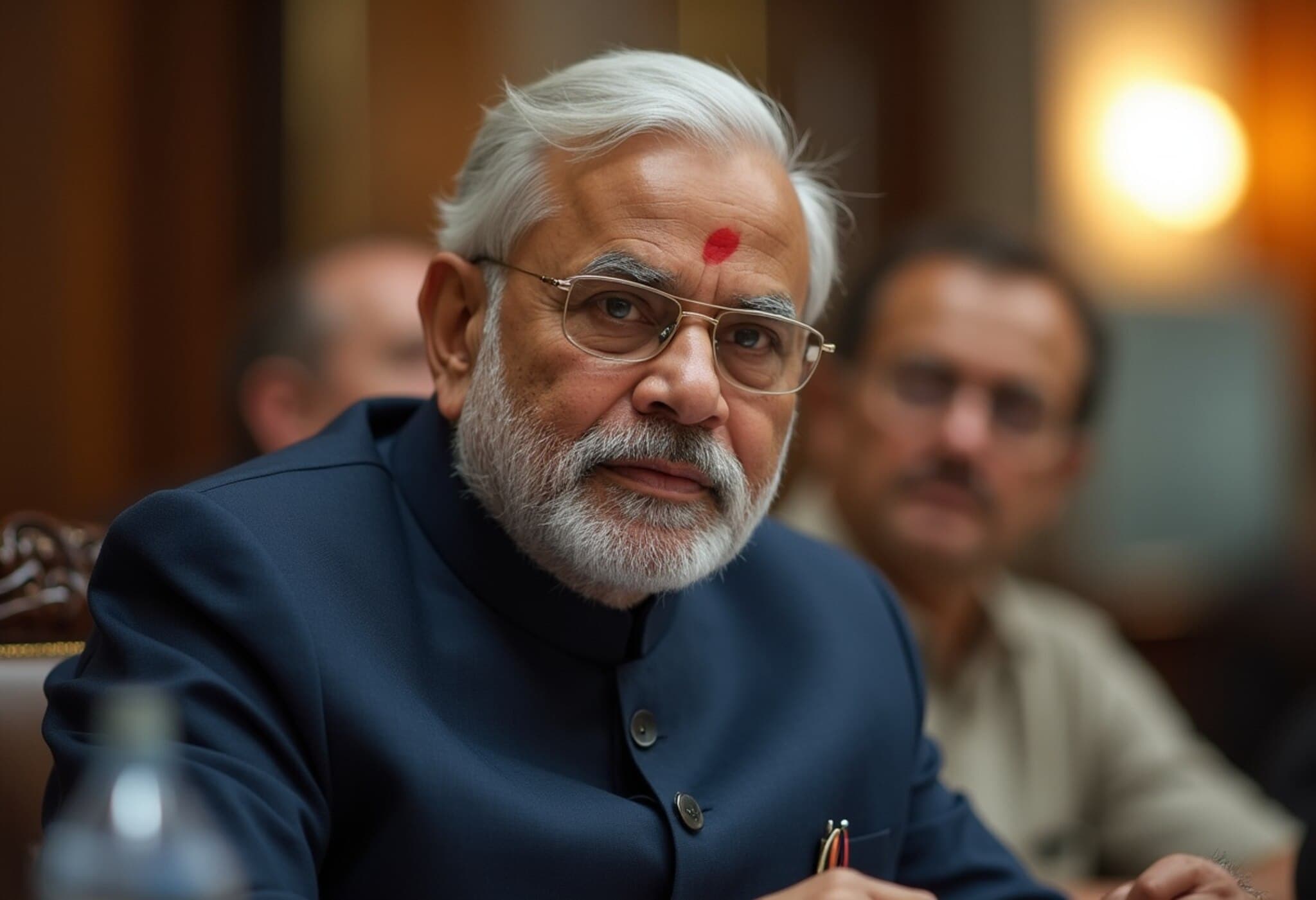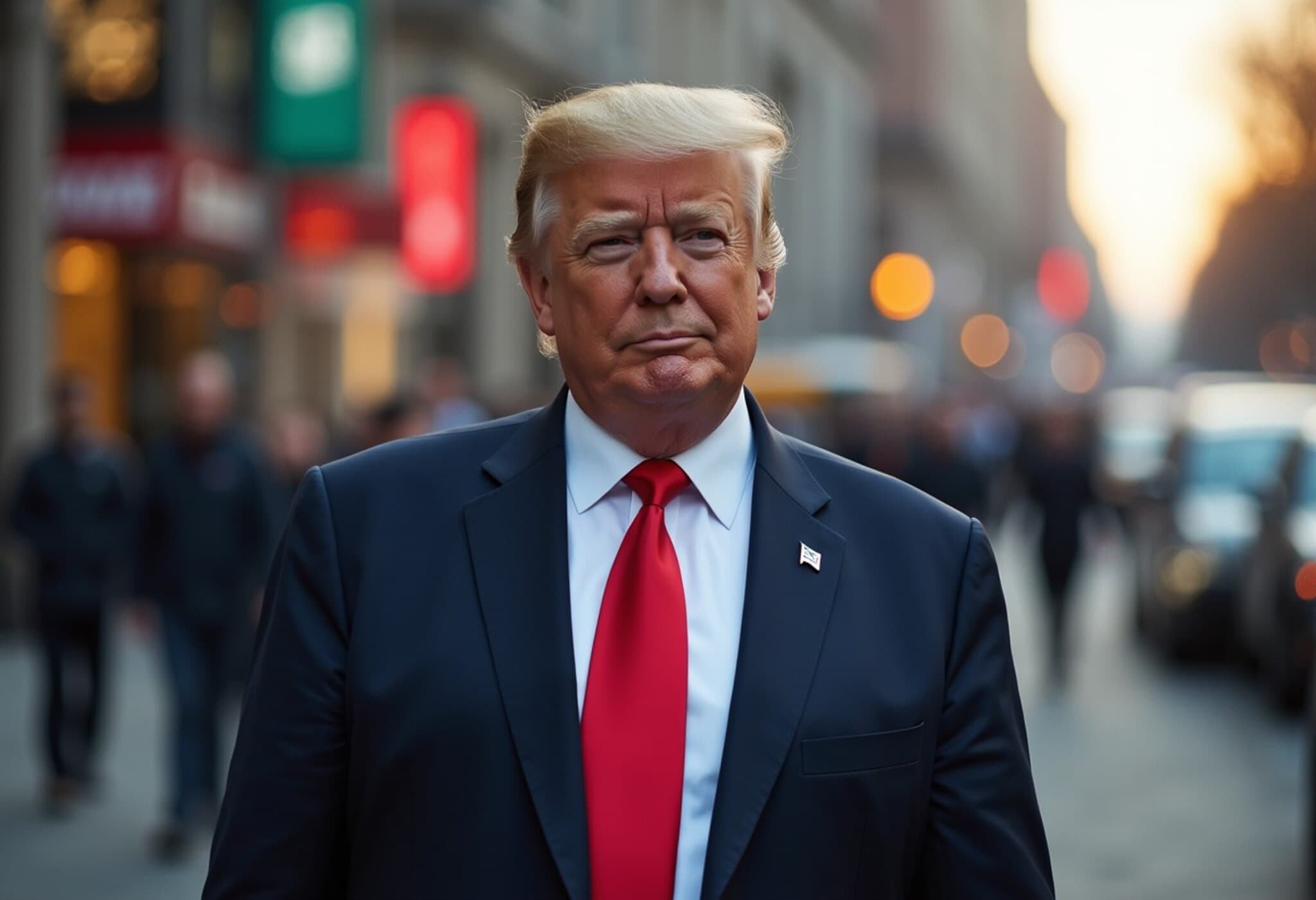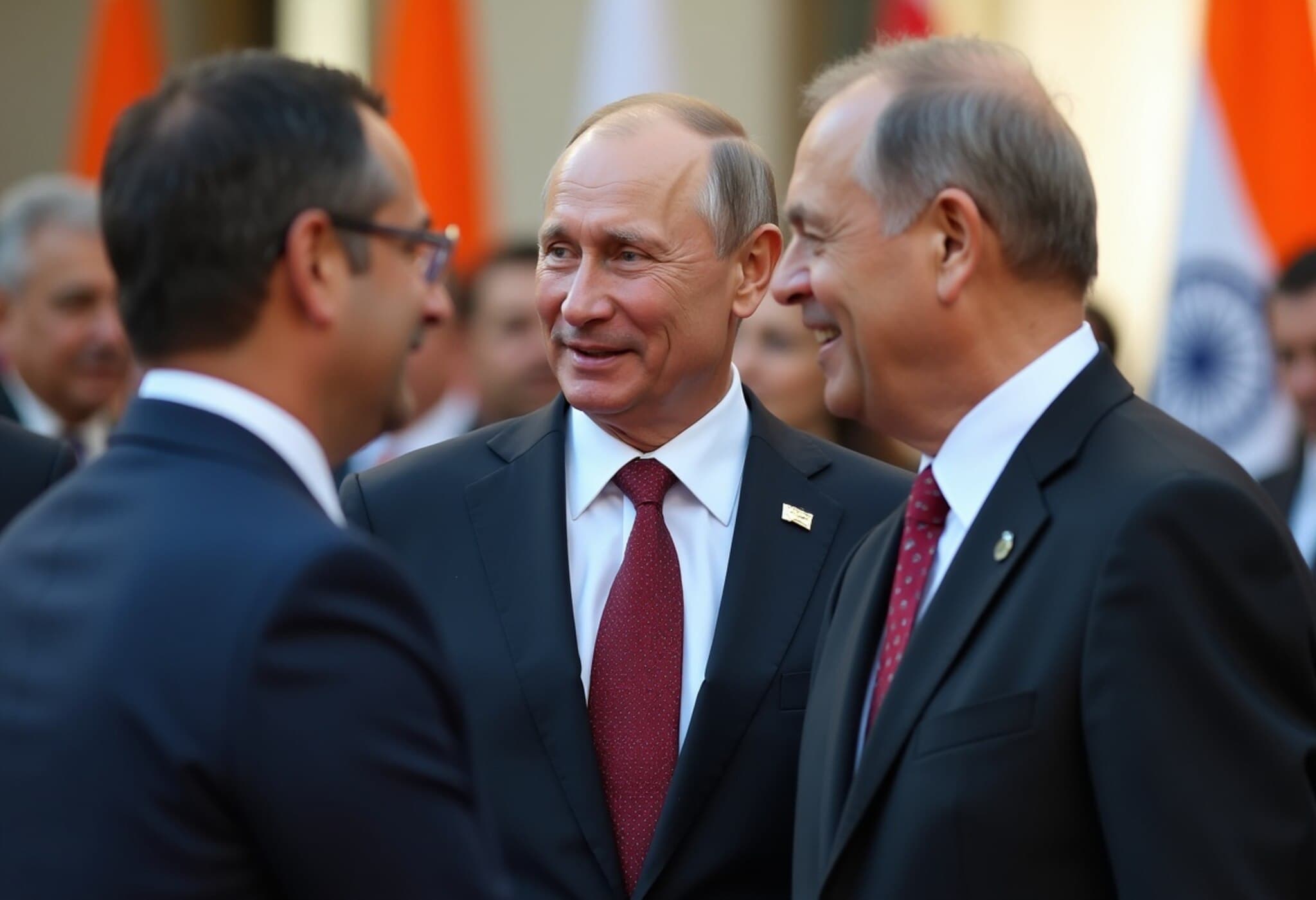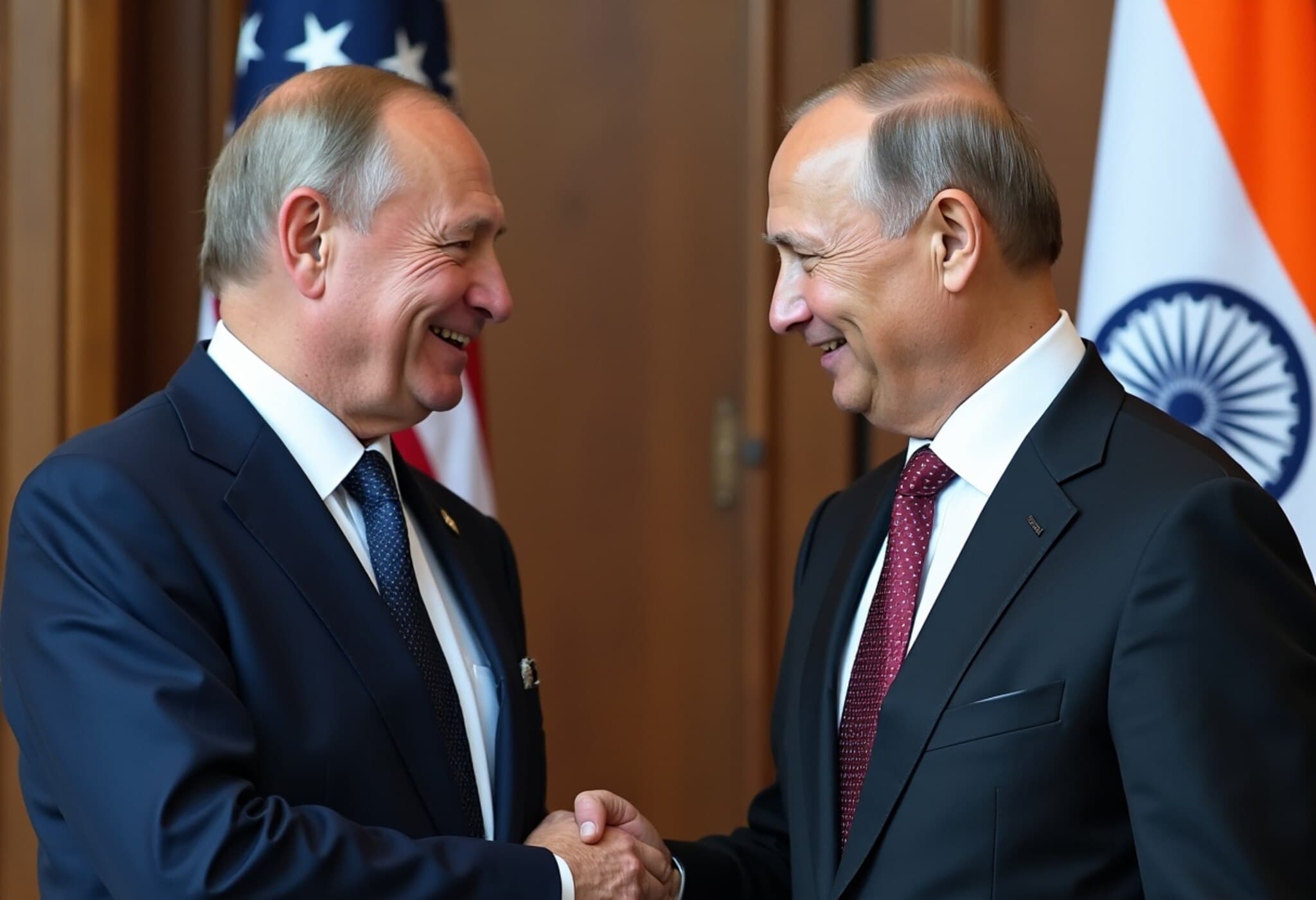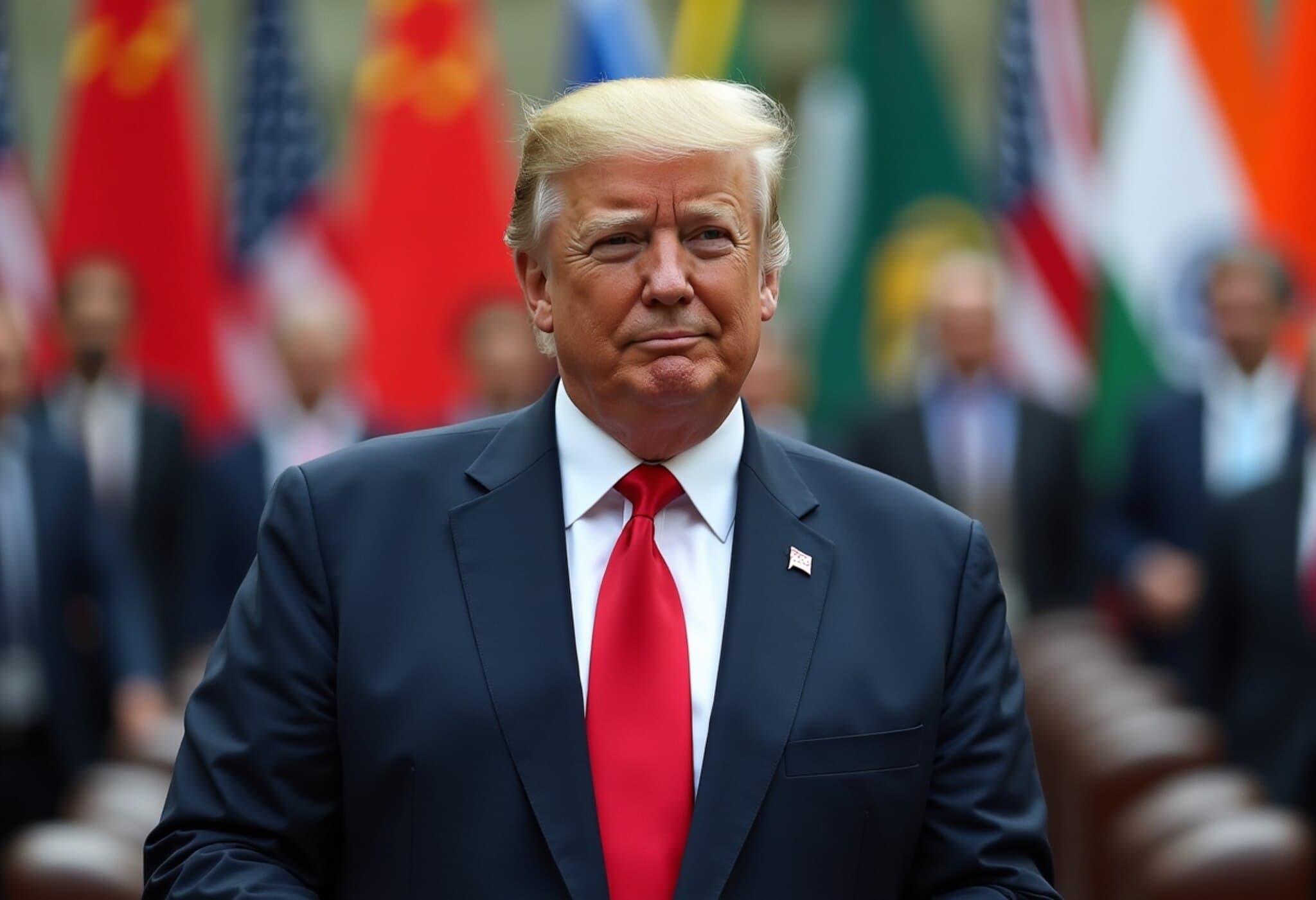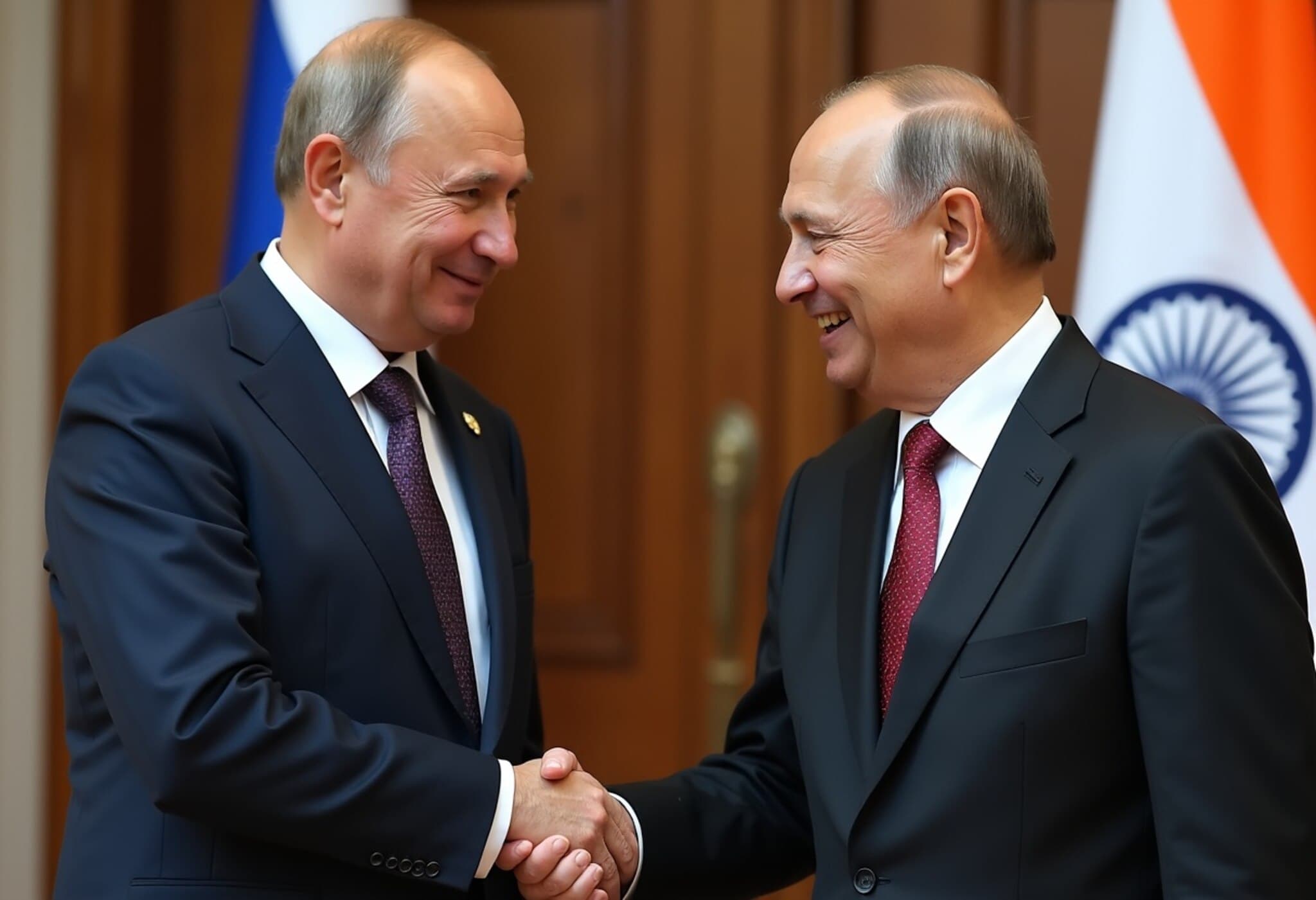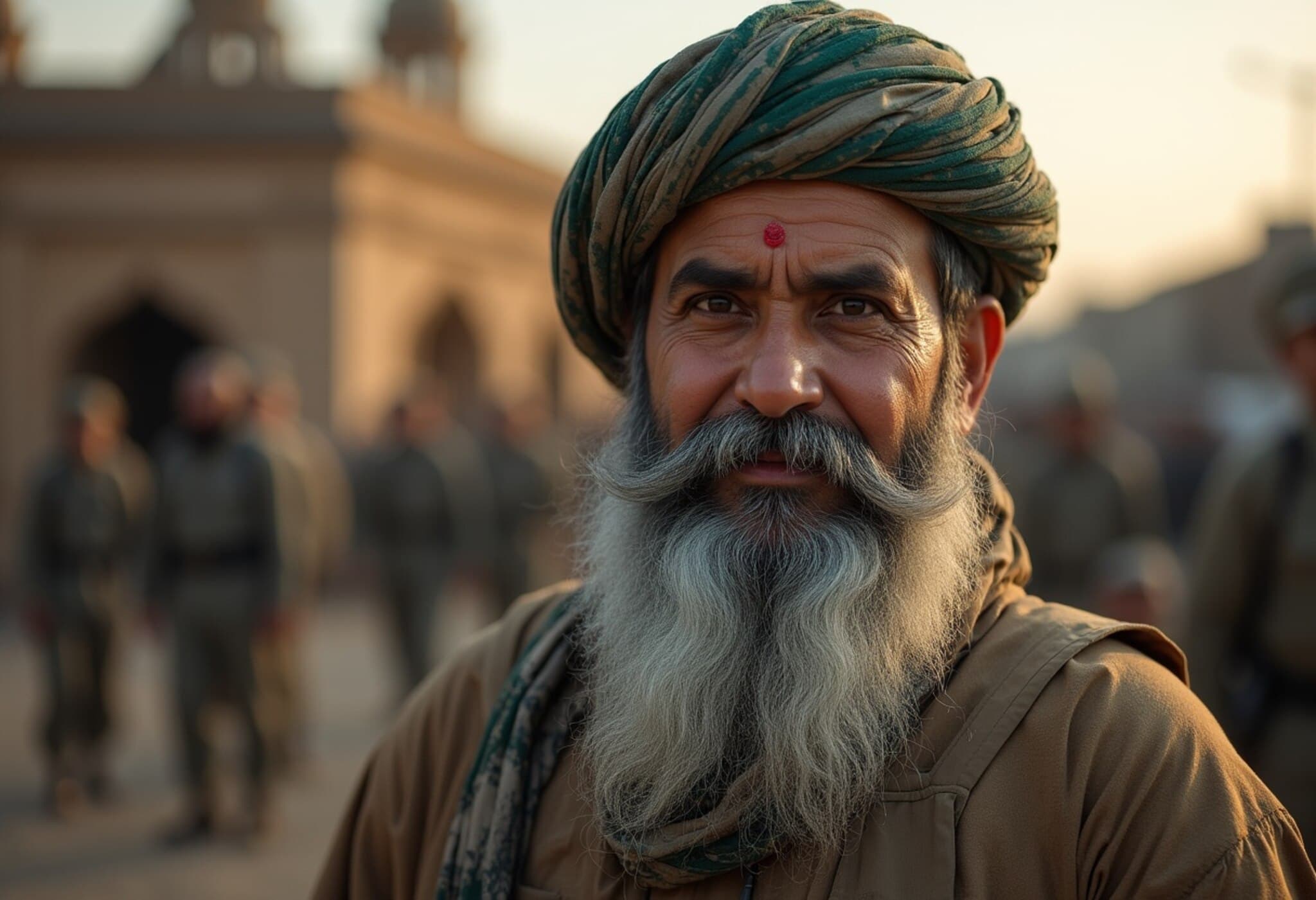Indian Diplomats to Visit Moscow Amid Tensions with US over Russia Ties
National Security Adviser Ajit Doval and External Affairs Minister S. Jaishankar are scheduled to visit Moscow this August, marking a significant diplomatic engagement amidst escalating tensions between India, the United States, and Russia. Their visits, planned for early and mid-August respectively, come in the wake of harsh criticism from former US President Donald Trump against India’s strategic relationship with Russia.
Background: Trump’s ‘Dead Economies’ Comment and Tariff Announcement
Donald Trump recently labeled both India and Russia as "dead economies" during a social media outburst on Truth Social. He also announced a sweeping 25% tariff on Indian imports and threatened penalties on countries deepening trade relations with Russia. Trump’s remarks emphasized his dissatisfaction with India’s continued partnership with Moscow, especially in energy and defense sectors, describing India’s tariffs as among the "highest in the world," insinuating that such policies hinder US-India trade relations.
India’s Strategic Calculus: Energy and Defense Ties with Russia
Despite Western sanctions on Russia following the Ukraine conflict, India’s import of Russian crude oil has surged remarkably – from a mere 0.2% before the war to nearly 40% of its total oil imports, making India Russia’s second-largest oil buyer after China. Furthermore, India has maintained procurement of advanced military hardware from Russia, signaling a firm commitment to its long-standing defense partnership even as geopolitical pressures mount.
Diplomatic Engagements: Jaishankar Meets Sergey Lavrov
In a recent development, External Affairs Minister S. Jaishankar met with Russian Foreign Minister Sergey Lavrov, highlighting a continuity of dialogue amid global uncertainty. These conversations reinforce the diplomatic channels India deems essential to balancing its strategic autonomy against pressures from Western allies.
Expert Insight: Navigating a Complex Geopolitical Landscape
From a geopolitical perspective, India’s actions represent a careful balancing act. The country’s energy security concerns and its defense modernization program are heavily reliant on Russian cooperation. Trade penalties or escalating tariffs from the US threaten to complicate New Delhi’s foreign policy priorities, but Indian leadership appears focused on maintaining diversified partnerships that safeguard national interests. Experts emphasize that India’s stance reflects a broader aspiration for strategic independence rather than mere alignment with any global power bloc.
What’s Next: Regional and Global Implications
- US-India Trade Relations: How will the newly imposed tariffs affect the growing economic ties between the two democracies?
- Energy Security: Can India sustain its increasing reliance on Russian oil amid Western sanctions and geopolitical pressures?
- Defense Procurement: What alternatives, if any, might India pursue to mitigate dependency on Russian military technology?
- Broader Geopolitical Shifts: How will this episode influence India’s position in negotiations on global platforms such as the G20, BRICS, and the Quad?
Editor’s Note
The forthcoming visits of Ajit Doval and S. Jaishankar to Moscow underscore India’s enduring commitment to its strategic partnership with Russia at a time when global geopolitical fault lines are sharpest. While former US President Trump’s rhetoric signals increasing pressures on Delhi to curtail its ties with Moscow, India's leadership must weigh the imperatives of national energy security, defense readiness, and foreign policy autonomy. This evolving dynamic raises vital questions about the future of multipolar diplomacy, economic resilience, and the nature of strategic alliances in the age of economic sanctions and trade wars.
As the situation unfolds, it will be crucial for policymakers, analysts, and the public alike to consider how these diplomatic efforts might reshape the balance of power and economic cooperation in Eurasia and beyond.

